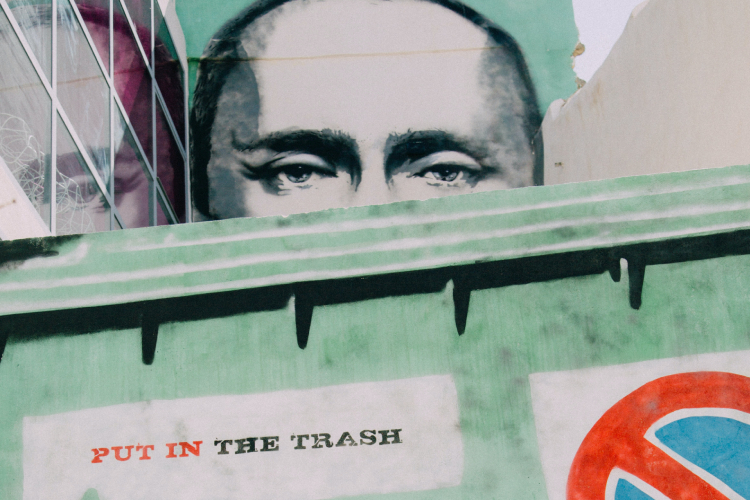More universities and institutions are following the lead of the German scientific community by boycotting Russia. But is it wise? The Dutch scientific community is still thinking it over.
MIT in the USA, one of the world’s most prestigious universities, has cut its ties with a Russian partner. It took this step in protest against the war in Ukraine.
A four-yearly mathematics congress, at which the prestigious Fields Medal is awarded, was supposed to take place in Russia. In response to an appeal by mathematicians, the organisers have decided that it will not be held there. It will now be a virtual event.
Things are clear as far as sport, commerce and entertainment are concerned: Russia is not welcome. Assets are being frozen, the final of the Champions League is moving from Saint Petersburg to Paris and no Russian representative will perform at the Eurovision Song Contest.
Appeals made
But how about an academic boycott? Last Friday, German scientific organisations put all collaboration with Russian universities, state institutions and companies on hold. This was in response to an appeal by the German government.
The German MEP Christian Ehler, whose specialism is the research & innovation programme Horizon Europe, hopes the rest of Europe will follow suit. The payments to Russian participants in the current and previous European research programme (Horizon 2020) must, in his view, be stopped.
Russian researchers and scientific journalists saw it coming. They signed an open letter protesting against the invasion of Ukraine and warned that Russia is at risk of becoming the pariah of Europe. “That means that researchers like us can no longer do our work normally; indeed, conducting scientific research is unthinkable without the full cooperation of colleagues in other countries. War with Ukraine can have no benefits at all.”
Against the grain
But breaking the ties goes against the grain with researchers. They would rather work with smart, curious people from across the globe, preferably without any political fuss. That would bring world peace closer than if the door is slammed shut. You can see that in the collaboration with China: whatever that country does, researchers want to stay in contact. It is a recurring debate.
The European Federation of Academies of Sciences and Humanities (ALLEA) uses words such as shock, deep regret, blatant attacks and deep concern to condemn the war in Ukraine. The Royal Netherlands Academy of Arts and Sciences agrees with that view. ALLEA is considering further steps in support of Ukrainian colleagues but is not imposing a boycott.
Dutch universities have condemned the war too. “We wish to express our solidarity with students and staff in Ukraine, and we embrace those in the academic communities in Russia who are speaking out against the invasion while courageously continuing to dedicate themselves to peace, dialogue and open cooperation”, they write on the website of their umbrella organisation. That is as far as it goes, for the time being.
House of Representatives
In the House of Representatives the VVD asked about it in a debate with Minister of Foreign Affairs Wopke Hoekstra. “Have we yet tried to stop all ongoing programmes and arrangements with Russia?”, asked MP Ruben Brekelmans. He made reference to ICT programmes as well as to the European research programme Horizon. “Have we checked them all? Maybe that should be the next step.” “I am certainly prepared to keep that on the agenda”, Hoekstra replied.
To be continued, no doubt….
